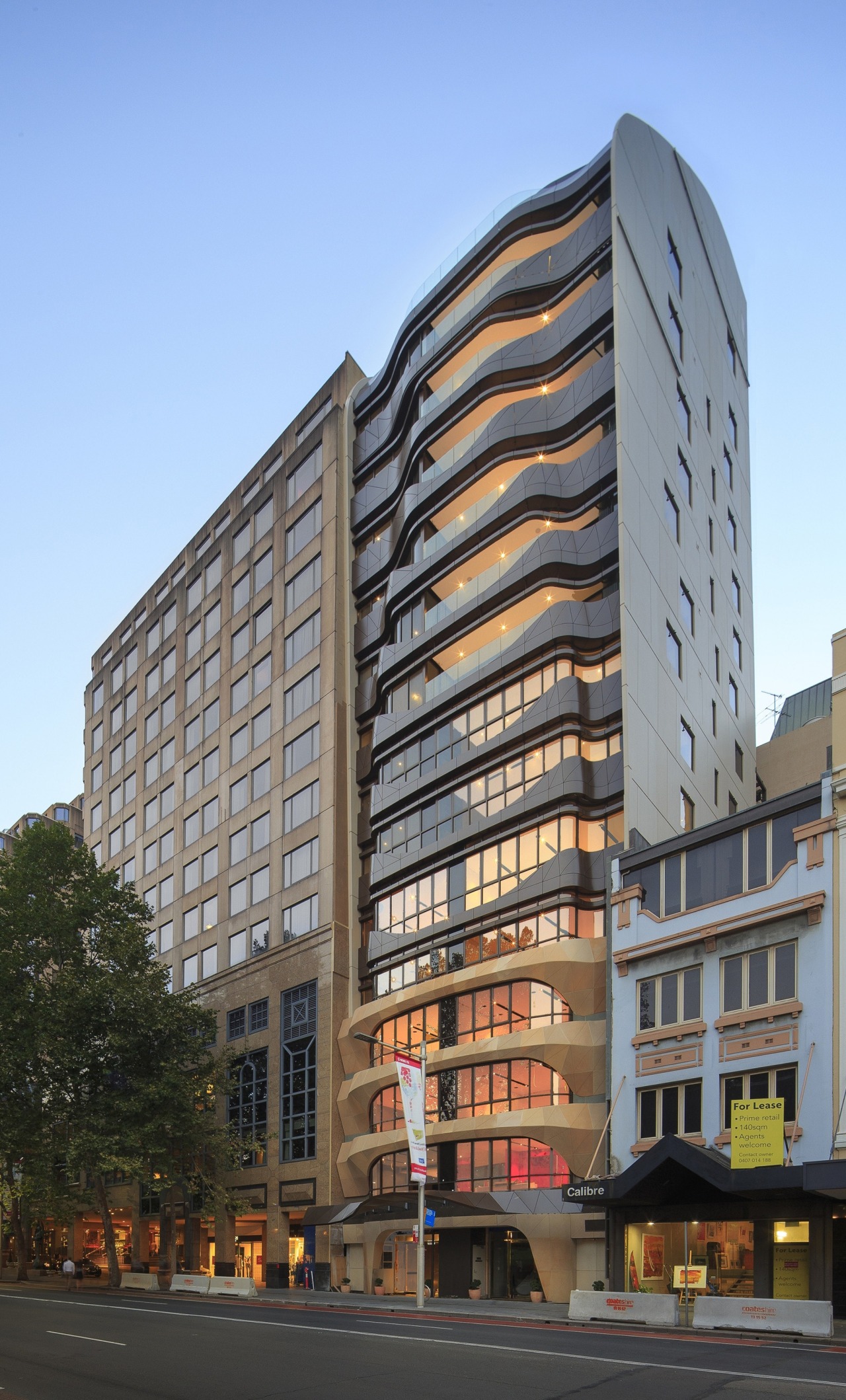How cladding can make all the difference
Whether it's used to protect or simply to enhance the look of a space, your choice of cladding can make or break a project.

Your choice of cladding has a dramatic effect on your project. It impacts the aesthetic, adds a further protective layer to a building and can provide valuable insulation.
Here are some examples of well-considered cladding, and how they change their projects' look and functionality.

Keep your cool
While a seaside home might sound ideal, for much of the year the interiors and outdoor living areas in this home by Architect Gary Banham had to be shaded from the sun.
In response, the architect introduced extensive overhangs to provide protection. Tapered steel beams support the overhangs and are clad in Scyon – a cement composite suitable for the climate, ensuring the home doesn't get too hot.
_________________________________________________________________

Paying homage the modern way
The Eliza Apartments in Sydney by architect Tony Owen was created from hundreds of tessellated, individually shaped sandstone and metal panels. The result is a fluid, sculptural form that pays homage to the surrounding heritage architecture while still providing a highly contemporary design expression.
The geometry of the curving bays of the front facade gradually changes as the building rises, with the three-level penthouse stepped back to maximises outdoor space and views.
_________________________________________________________________

The transparent option
The client wanted a clean-lined, contemporary house, with a design that wouldn't date.
The architecture by Maria Arango and Diego Molina of Ong&Ong recalls Modernist themes with strong horizontal lines and an extensive use of glazing. The upper level is clad in teak wood and glass, and framed by a deep band of white stone, ensuring a close connection with the landscape.
"The top storey is a more monolithic element, which provides a strong contrast to the transparent, glass-walled base of the house," says Molina. "The heavy upper floor appears to float above the ground."
_________________________________________________________________

Implied history
This home by designer Julian Cohen is comprised of two buildings. The cladding gives one of the buildings an older look, while the other appears more contemporary.
The stone-clad main building appears to be an 1800s winery which has been renovated and converted to a home over time. The secondary building, referred to as the annex, is a more modern looking single-storey structure that feels like a more recent addition to the property.
Alaskan yellow cedar cladding distinguishes the more modern looking annex from the stone building that forms the main home on this rural property. The annex is a self-contained guest wing separated from the stone building by a breezeway.
_________________________________________________________________
Divide and rule
Changes in exterior materials and form help define the various zones of this family lakeside home by architect Tim Alt. On the upper level, the children’s bedrooms are on the right, while the parents bedroom suite is on the left. Both sections of the house are separated by a double storey main living area.

The upper level of the children’s wing is clad with panels of black-brown stained cedar planks that are bordered with black aluminium edging. This arrangement helps to moderate the scale of this wing, while also creating an unfamiliar pattern with a typical wood cladding material.
Meanwhile, the parents’ upper level is defined by its deep auburn brick structure, giving them a sense of sanctuary, both visually as well as spatially.
Having the exterior materials – the cedar panels and brick – wrap into the interior space enhances this sense of insertion.
“It feels almost as if it’s an outdoor room,” says the architect.
Story by: Trendsideas
Home kitchen bathroom commercial design


